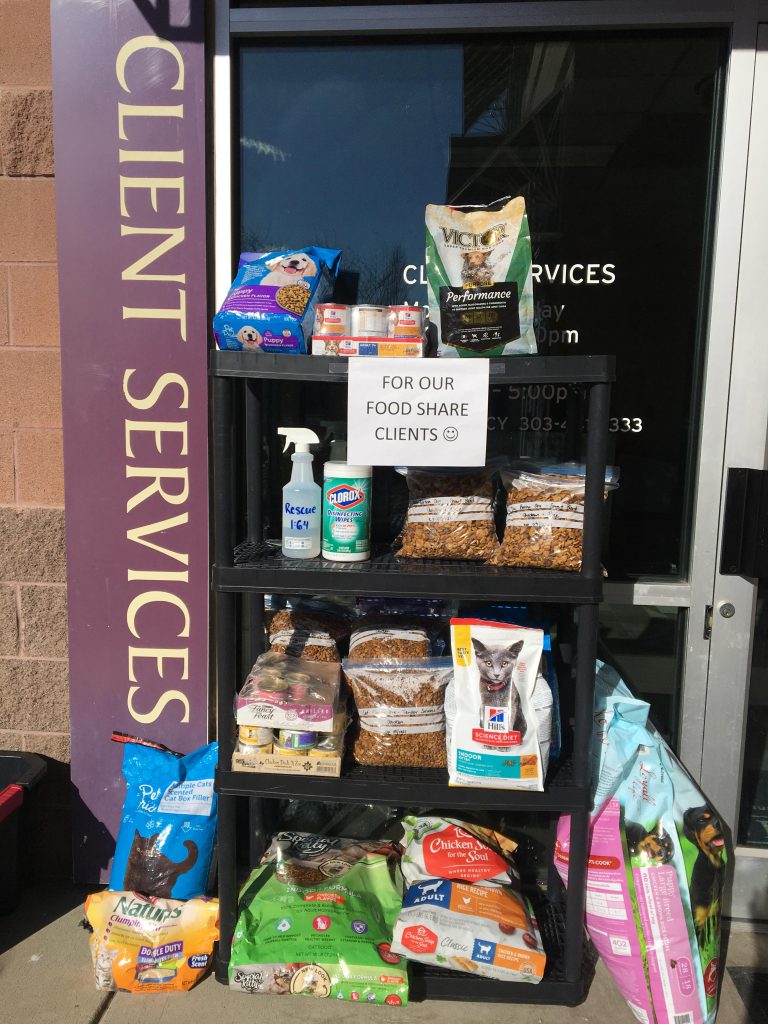Your Boulder Humane Society Guide: Adoption & More!
This Colorado-based organization provides animal care and adoption services within Boulder County. The facility offers shelter, medical attention, and behavioral rehabilitation to animals in need, facilitating their placement into suitable homes. It serves as a resource for pet owners and the community, promoting responsible pet ownership and animal welfare.
The organization plays a vital role in addressing animal overpopulation and neglect in the region. Its work reduces the number of homeless animals, improves community health by ensuring animal vaccinations and health checks, and supports the human-animal bond through adoption and educational programs. The history of the institution reflects a long-standing commitment to the well-being of companion animals and advocacy for their rights.
Subsequent sections will delve into specific programs offered, adoption procedures, volunteer opportunities, and community outreach initiatives managed by the animal welfare organization, further clarifying its role and impact on the local community.
- Who Is Corinna Kopf Biography Net Worth
- Thomas Flohr Net Worth How Rich Is
- Does Phaedra Parks Own A Funeral Home
- Antron Brown Wife Billie Jo Brown Married
- Sam Frank 360 Twirl Video Who Is
Frequently Asked Questions
The following addresses common inquiries regarding services and operations.
Question 1: What are the primary services offered?
The organization provides animal sheltering, adoption services, veterinary care, lost and found assistance, and community outreach programs focused on responsible pet ownership.
- Jordan Hill Net Worth Age Height Bio
- Bishop Briggs Husband Did Not Propose Her
- Liz Cheney Husband Children Age Net Worth
- Who Is Christopher Bell Wife Morgan Kemenah
- Robert Hernandez Bio Age Wiki Facts And
Question 2: How are animals received into care?
Animals are received through owner surrenders, transfers from other shelters, and as stray animals found within the jurisdiction. Intake procedures include medical and behavioral assessments.
Question 3: What is the adoption process?
The adoption process involves application submission, interview, meet-and-greet with the animal, and approval based on suitability and compatibility. Adoption fees apply.
Question 4: How is the organization funded?
Funding is primarily derived from private donations, grants, fundraising events, and adoption fees. No direct government funding is received.
Question 5: What volunteer opportunities are available?
Volunteer opportunities include animal care, adoption counseling, event support, administrative assistance, and foster care. Training and orientation are required.
Question 6: What measures are taken to ensure animal welfare?
Animal welfare is prioritized through provision of appropriate housing, nutrition, veterinary care, behavioral enrichment, and socialization. Policies are in place to prevent cruelty and neglect.
This section clarifies several key aspects of the animal welfare organization's activities. Contact the organization directly for specific inquiries.
The subsequent section details volunteer and donation opportunities.
Animal Care Tips
The following provides guidance on ensuring the well-being of companion animals, informed by best practices in animal welfare.
Tip 1: Proper Identification. Ensure animals wear collars with current identification tags. Microchipping provides a permanent form of identification should collars become lost.
Tip 2: Regular Veterinary Care. Schedule annual veterinary checkups to maintain preventative health. Vaccinations and parasite control are essential for animal health and public safety.
Tip 3: Balanced Nutrition. Provide species-appropriate food in appropriate quantities. Consult a veterinarian regarding dietary needs to prevent obesity and nutritional deficiencies.
Tip 4: Environmental Enrichment. Offer opportunities for physical and mental stimulation. Toys, exercise, and social interaction are crucial for preventing boredom and behavioral issues.
Tip 5: Secure Housing. Provide safe and comfortable shelter appropriate for the animal's species and breed. Protect animals from extreme weather conditions.
Tip 6: Responsible Pet Ownership. Prevent unwanted litters through spaying or neutering. Adherence to local leash laws and waste disposal ordinances promotes community health and safety.
Tip 7: Emergency Preparedness. Develop a disaster plan that includes provisions for animals. Include food, water, medications, and carriers in emergency kits.
Consistent application of these guidelines enhances the health and quality of life for companion animals, reinforcing the human-animal bond.
The subsequent section offers concluding remarks on the significance of animal welfare initiatives.
Conclusion
This exploration has detailed the multifaceted contributions of Boulder Humane Society to animal welfare and community well-being. The organization provides vital services, including animal sheltering, medical care, adoption facilitation, and community education. These endeavors address animal overpopulation, neglect, and abandonment within Boulder County.
Continued support through donations, volunteerism, and responsible pet ownership is critical to sustaining the organization's impactful work. The future relies on collective commitment to ensuring the health, safety, and humane treatment of animals in the community. The impact of Boulder Humane Society demonstrates the profound significance of animal welfare initiatives.
- Who Is Sarah Jindra S Husband Brent
- Maureen Kelly Bio Wiki Age Height Family
- Tom Sandoval Parents Meet Anthony Sandoval And
- Tim Sebastian Married Spouse Marital Life Relationship
- Liz Shanahan Is Michael Symon S Wife

Homepage Humane Society of Boulder Valley

Homepage Humane Society of Boulder Valley

Homepage Humane Society of Boulder Valley